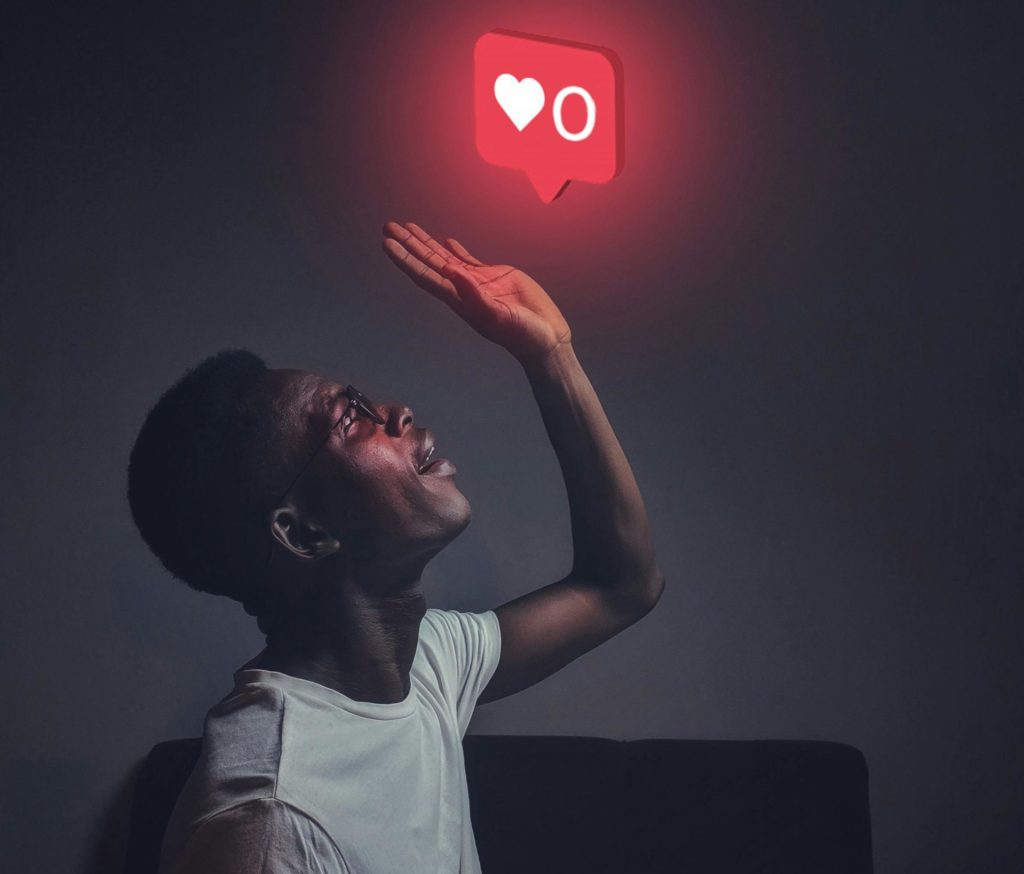
By Dr Ahmed Shaalan – Department of Marketing, Birmingham Business School, Marwa Tourky – Cranfield University and Khaled Ibrahim – Unitec-Institute of Technology, New Zealand
The notoriously choppy waters of social media are becoming even more complex for celebrities and brands to navigate safely as an extreme form of cancel culture takes hold. The digitine movement (formed from the words “digital guillotine”) encourages followers to block celebrities whose views or behaviour they find unacceptable, rather than simply unfollowing, ignoring or criticising them.
Supporters of the digitine or “blockout” campaign argue it promotes authenticity and accountability, enabling individual consumers to clearly and completely reject inauthenticity or hypocrisy.
But the “off with their digital heads” style of punishment has major implications for celebrities and brands, whose influence and revenues risk permanent damage. The trend adds fresh complexities to the notoriously binary world of social media, where algorithms may promote bubbles and disinformation, and reputations can be made or destroyed in an instant.
These complexities are heightened when celebrities and brands take a stand on social and political issues that resonate with their values and those of their audiences. This increasingly popular trend, labelled brand activism, includes demonstrating social responsibility by supporting key issues, like Coca-Cola’s Naked For Now environmental initiative, Nike’s Until We All Win campaign supporting minorities and TOMS’ One-for-One giveaway promoting social justice.
But brand activism is risky. Celebrities are under constant scrutiny, and any misalignment between their words and actions can lead to a fall from grace. Even before the digitine movement, the risks of a public backlash over perceived or actual hypocrisy were significant.
These risks are heightened by fans’ strong attachments to celebrities – ties that feel powerful and personal, but are in fact one-sided. While these so-called parasocial relationships give celebrities huge influence over their followers, they can also trigger a sense of betrayal when fans’ expectations are not met. In some cases, the backlash is so intense that the celebrity’s personal brand collapses.
Many celebrities have already paid a heavy price for inconsistency, failing to reflect fans’ values or breaching their own carefully cultivated image. Kendall Jenner was accused of trivialising the Black Lives Matter movement in a Pepsi ad intended to promote unity, significantly damaging her socially aware brand. Ellen DeGeneres’ brand, built on kindness and empathy, was hit by allegations of a toxic work environment, reducing trust, credibility and ratings. Leonardo DiCaprio’s reputation for environmental activism was damaged by revelations he used private jets and yachts, while J.K. Rowling has faced a significant backlash over her stance on transgender issues.
Others have been accused of performative activism, such as supporting Black Lives Matter simply by posting black squares on Instagram, or selective activism, for supporting one cause while overlooking others, especially when it comes to the Gaza conflict. Celebrities who post about Ukraine but not Gaza, or vice versa, may be accused of inconsistency or insincerity. Celebrities remaining silent on Gaza face the digitine, but those speaking out risk severe criticism, like Dua Lipa.
Some brands and celebrities have successfully navigated these increasingly perilous waters by engaging in concrete action to help people, communities and the planet, either through charitable activities or using their influence to drive change. These “conscientious brands” include Rihanna’s Clara Lionel Foundation, which backs education and emergency response programmes around the world. Rihanna’s consistent and active involvement demonstrates her genuine commitment to making a difference, maintaining her credibility and fan support.
But despite the successful navigation of the challenges by some celebrities, the digitine movement heralds a new and more uncertain era in the evolving relationship between influencers and audiences. While it unquestionably empowers social media users to reject influencers who fail to live up to expected behaviour, and enables quick and decisive public responses to perceived failings in brand activism, it raises its own ethical questions, including the risk of commercial and reputational damage over allegations that may be false, misrepresented or malicious.
Blocking also prevents celebrities communicating with users to deny false allegations, apologise for lapses in judgement or explain nuanced or complex issues. And it prevents the exchange of views and information that may follow online criticism, potentially shedding light on what has occurred or on the variety of viewpoints available on a particular topic.
As a result, the digitine movement also complicates the selection of appropriate celebrity endorsers, since mass blocking can significantly reduce an individual’s reach and influence. Predicting who will prove to be “safe” and positive influencers is already challenging, given the unpredictable nature of social media storms and individual behaviour.
Social media still offers unprecedented opportunities for influencers to engage with fans, reflect their values, influence public debate and promote personal or corporate brands. But as fans continue to hold celebrities to higher standards, the importance of consistent and genuine activism cannot be overstated, and the risks of brand activism backfiring have never been greater.
Celebrities and brands must navigate these complex waters with care, understanding that actions speak louder than words, and that audiences expect them, above all, to be true to their values.
The views and opinions expressed in this article are those of the author and do not necessarily reflect the official policy or position of the University of Birmingham.
